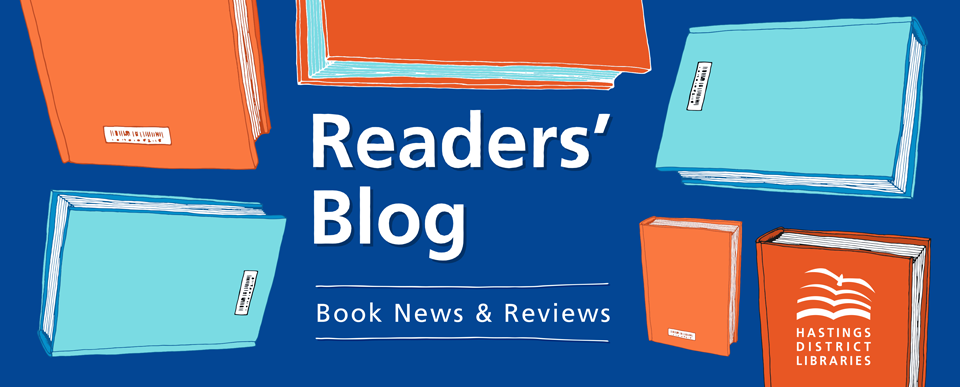Auschwitz: the complete guide by Perry Buck
“That’s a weird title,” said my work
colleague as she brought my reserved book to me. Her tone suggested that she
didn’t quite approve of my reading choice. Auschwitz:
the complete guide is, as the title suggests, a guidebook to visiting
Auschwitz, but it is also much more. In 1992 Perry Buck was on his OE with a
friend (he’s British).
They had been tramping in Poland when the friend
suggested they visit Auschwitz. Perry was hesitant because he didn’t want to
feel it was just another tourist stop. He felt that the place was too important
for that. Albeit reluctant to go, he did.
Perry Buck became a journalist and travel
writer. He has been to Auschwitz many times since that initial visit. His book
is much more than a travel guide. The first part covers the history of Oświęcim, the town where Auschwitz came to be sited, and of Poland itself.
The next section describes the rise of the Nazi Party and the Third Reich,
leading into the invasion of Poland and the start of World War II. It describes
their desire to rid Europe of Jews, and the steps they took. This section
finishes with the end of the war and the aftermath.
The third section is about
Auschwitz and its continuing impact and significance. It is the fourth part
that forms the travel guide, and contains valuable information and advice for
planning a visit.
The final section covers other places to visit in Poland,
including other death camps and Kraków.
Even though I am not planning to visit Auschwitz in the near future, if
at all, the book was very interesting and informative. A must-read for anyone
who does want to visit, but also for those interested in learning about the
Holocaust.
 My grandfather would haveshot me: a black woman discovers her family’s Nazi past by Jennifer Teege
My grandfather would haveshot me: a black woman discovers her family’s Nazi past by Jennifer Teege
This was the very next book on my reserves
list, and what a perfect follow-on to Auschwitz:
the complete guide. Perry Buck actually mentions Jennifer Teege’s book in
the section about other camps in Poland.
Jennifer is a half Nigerian German
woman, born in 1970. She was fostered out when a baby, but spent many weekends
with her mother and her grandmother until she was officially adopted by her
foster parents when she was 7.
When in
her 30s, Jennifer was looking for something on depression to read in the local
library. She took a book from the shelf and was surprised to recognize the
woman in the photo on the cover – it was her birth mother. She borrowed the
book and read it through in one sitting, for she learnt through that book that
her mother’s father was Amon Goeth, the commandant of Płaszów concentration
camp. He was the commandant, played by Ralph Fiennes in Schindler’s List who liked to shoot random concentration camp
prisoners from the balcony off his bedroom, while his lover, Ruth Irene Kalder,
Jennifer’s beloved grandmother, lay on the bed in the room.
Jennifer tells the
story of how she came to terms with her family history, and finally overcame
the depression that had dogged her much of her adult life.
Two very different books on a related
subject – the Holocaust. I recommend them both.
Reviewed by Jessie Moir, Hastings District Libraries


No comments:
Post a Comment